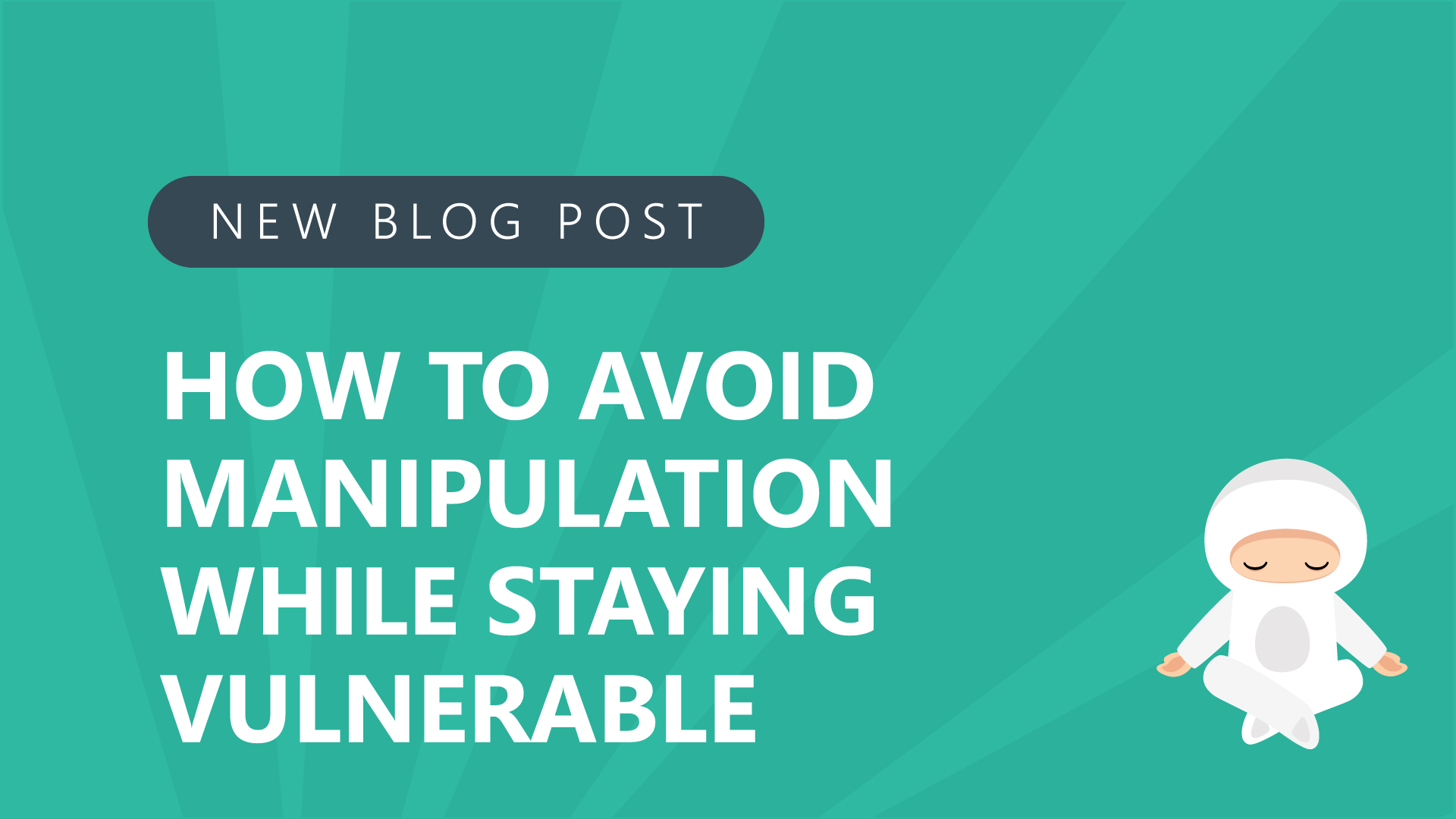When people who are uncomfortable with conversation see someone really good at it—someone who can read verbal cues, body language, etc.—they feel at odds and weak. They’re afraid that they’ll be manipulated. How do you overcome that fear? If you feel you’re being manipulated by someone, what cues do you watch out for? Chris Hadnagy shares that everyone is vulnerable. As a security consultant and hacker, Chris has sent over 14.5 million phishing emails in his life. He’s an expert in the industry. But he still fell for a phish. How?
Chris is an Amazon junkie. He lives on Amazon. He got a phishing email that said one of his orders would be rejected because of a declined credit card. Instead of opening a browser and logging in to Amazon—like he tells everyone else to do—he clicked on the link. His only saving grace was that he looked at the URL and saw it was “.RU.”
How did he fall for it? That phish had the right emotional trigger at the right time.
It’s not about avoiding vulnerability, but asking “Is this safe for me?”
Chris tells people, “Don’t look for a way to never be vulnerable.” The answer to never being vulnerable is to be a real a–hole. You’d have to look at everyone as a suspect who’s only out for themselves. Instead, when someone makes you feel a really strong emotion and then makes a request of you, you have to commit to thinking, “Is this safe for me?”
Ted Bundy—the serial killer—was known for using things like losing his puppy or being on crutches to emotionally trigger women. They thought he was helpless and trusted the lie that he fed them. The one survivor said she felt uneasy but was compelled to help him. Don’t ignore triggers.
When Chris got the phishing email, he let his emotions get the best of him. He ignored his internal script. If he had read the whole email, he would’ve known it wasn’t his order. Having that script running in the background won’t save you 100% of the time—but you won’t be the low-hanging fruit.
Dr. Daniel Goldman completed research that he shared in his book “Emotional Intelligence” that he called “Amygdala Hacking.” What he found was that the way to get your amygdala back to normal logic processing was to allow a short period in-between the motion and the decision. It’s okay to slow things down and take your time to make a decision.
The Amygdala’s role in the emotional landscape
The amygdalae are small walnut-sized pieces of gray matter in the brain. When you take something in from one of your senses, it’s processed through the amygdala before it hits the rest of the brain. Its job is to start physiological and psychological sequences.
If you’re deathly afraid of snakes—and see what you perceive to be a snake out of the corner of your eye—your amygdala creates a fear process. Your lips pull back, your eyes widen, you gasp, you jump. Why?
Your eyes open to take in your surroundings. You gasp in air to prepare for the fight or flight response. When you tense, your body releases adrenaline, which creates that moment. A couple of milliseconds later, your eyes catch up. It tells you the “snake” is just the garden hose. You shake it off and return to what you were doing.
But your amygdala created the fear script in your brain. This happens whether it’s a snake, email, phone call, etc. Dr. Goldman found that these emotion centers were triggered in the limbic system as opposed to the logic centers. You can’t shut it off. Fear is important.
Learn how to manage and control emotion—not remove it
A lot of what you feel is the body’s natural response to stress or fear. Learning how to manage and control that is a critical part of what I do. Chris emphasizes that you shouldn’t want to learn to get rid of your emotions. You should learn how to still act critically with them. Mothers can do superhuman things when they believe their child is in danger, like move a car off of their child.
Chris saw a video of a guy that jumped in a lake after an alligator grabbed his dog and pried the alligator’s mouth open to save it. That adrenaline response can help you save something or someone you love. You don’t want to control your emotions by suppressing them. You want to learn how to live effective and empathetic lives while still having human emotion.
To learn more about Chris’s latest book, “Human Hacking: Win Friends, Influence People, and Leave Them Better Off for Having Met You” and his social engineering framework, listen to episode #195 of the Negotiations Ninja podcast!
Text me at 587-315-5948 for negotiation advice.

